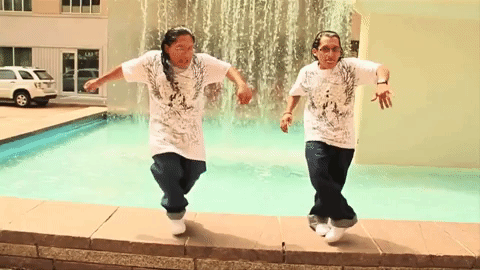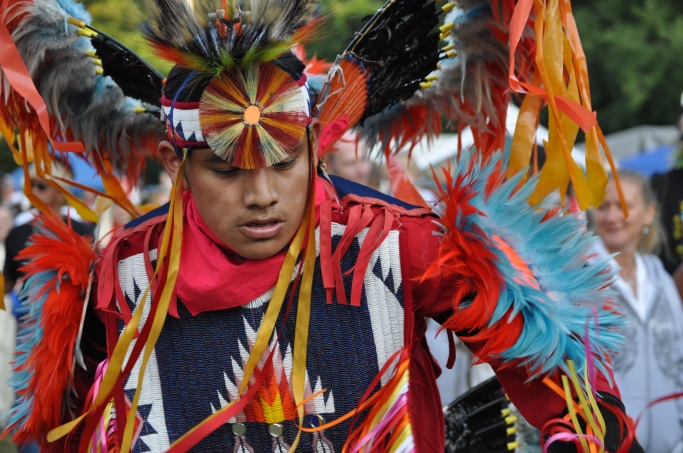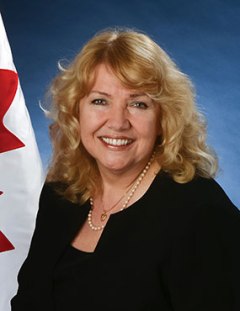Before getting into this, I think it’s important to mention that I am writing this list with an Indigenous audience in mind. Today is our day and in that spirit I am writing this list for our people. If you’re not Indigenous and you’re reading this, I think it’s important to remember that while this list may make you feel good about the current state of Indigenous people in Canada, it by no means signifies that everything is alright. This list is written from an Indigenous perspective to an Indigenous audience, keep that in mind.
June 21st is National Aboriginal Day here in Canada. While I am not a huge fan of the name and genuinely think everyday is a good day to be Indigenous, I still see the merit in having a day to ourselves to celebrate and acknowledge our existence, our contributions to the world and our resiliency. Due to colonization our lives are often clouded with negativity, but today let’s break through that to celebrate ourselves and all that we’ve accomplished. Starting with the fact that……
1. We’re Still Here

Colonizers have been trying to get rid of us since the day they arrived. They failed! We’re still here, we’re strong and…
2. We Continue to Fight
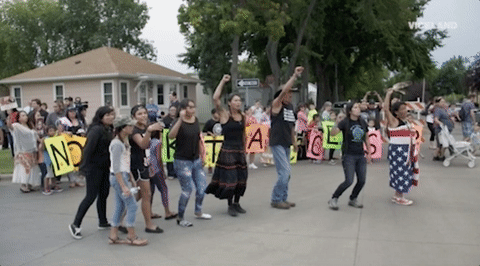
Our warrior spirit has never vanished, we’ll continue fighting our colonial occupation and oppression until we achieve justice for our nations and people! Thankfully our will to fight has ensured that…
3. Our Cultures Are Strong and Thriving
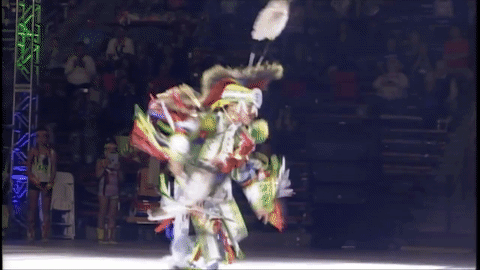
Residential schools and Indian Act policies did some real damage to our diverse forms of cultural expression, but our resiliency has made sure that on any given day on Turtle Island you can find our people proudly singing and dancing! And to make things even better…
4. Our Ceremonies Are Alive and Well

Thanks to work of many knowledge keepers in our communities, our ceremonies never truly disappeared and today they’re coming back in big way. You know what else is making a big come back?
5. Our Languages

Language revitalization initiatives and projects are popping up in just about every community across the country. It’s difficult but necessary work and hopefully in our lifetime we can see more fluent communities. I am confident that we can do this because…
6. We’re Incredibly Intelligent

We really are! So many of our people are doing amazing things in a wide array of academic, scientific and artistic fields. Let’s not forget about our own Indigenous sciences as well, we have a long history of knowing ourselves and the world around us! Never forget that and never forget that in an ever evolving world…
7. We Still Hunt, Fish, Gather and Trap
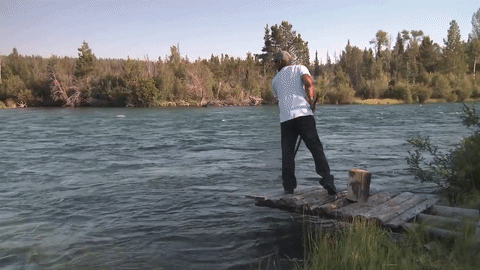
Our ancestors are pleased because we’ve never forgotten how to respectfully and responsibly use and appreciate the resources that the earth shares with us. No matter how hard western society tries to pull us away from those practices, we keep on returning to them. It’s in our blood. Our connection with these practices is one of the things that makes us intrinsically Indigenous. Another thing that’s intrinsically indigenous is…
8. Our Incredible Sense of Humour
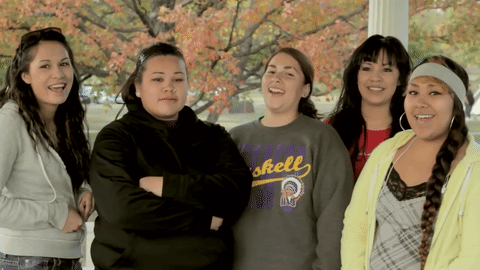
Honestly, we wouldn’t have been able to get through a quarter of what we went through had it not been for the incredible medicine and healing power that’s in our uniquely Indigenous sense of humour. Oh and…
9. Our Loving Elders
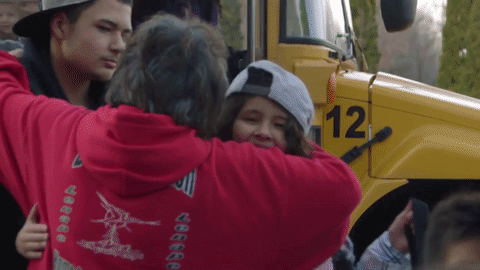
They guide us, they teach us and they love us. If not for our elders we may have lost everything, but thankfully their love and care for us guaranteed our continued survival as distinct people in this often difficult and oppressive world. It’s because of our elders that…
10. The Next Generation Continues to Make Us Proud
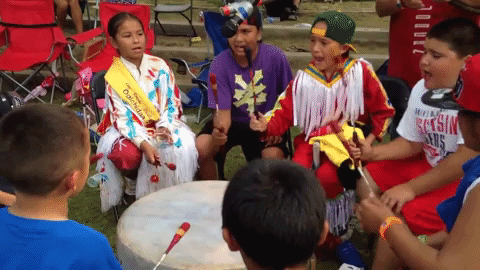
The teachings that our elders leave behind resonate and live on through our youth. True nationhood is our young ones dancing, singing, speaking our languages, hunting, fishing, learning, leading, liberating and expressing a deep seeded pride in themselves and their nations. Thankfully this is becoming a reality, a reality that wouldn’t have been possible had it not been for…
11. Our Resilient Ancestors
/
Our ancestors we’re the strongest warriors and the most loving people. They resisted colonial oppression not for themselves, but for their children and the generations that would follow. True love of themselves and their nations meant that our ancestors would do and did anything to ensure that we would know who we are today. It also ensured that we can still enjoy…
12. Our Traditional Foods

Moose, deer, wild rice, berries, salmon, elk, seal, pickerel, whale, lobster, crab, fiddle-heads oh and MAPLE SYRUP! Need I say more? Amazing, healthy and delicious foods are just one of…
13. Our Contributions to The World

We also invented a wide array of transportation technologies, medicines, hygiene products, sports and little thing now known as American Democracy just to name a few. Our creativity and ingenuity knows no bounds, nothing exemplifies this more then…
14. Our Artists

Music, fashion, film and visual arts are just some of the artistic avenues that we have used and continue to use to express ourselves. Want the full experience? Put on your headphones, blast some Tribe Called Red, slip on some beaded mocs, throw on your favorite Section 35 hoodie and go check out a Kent Monkman or Christi Belcourt exhibit. But on your way make sure to stop and show appreciation to…
15. Our Lands and Waters

This is probably the most important thing we should be celebrating. Our lands and waters not only give us life, but they also give us meaning. They define who we are as distinct nations, how our cultures are expressed and give meaning to our languages. Without that we have nothing. So before the day is up, be sure to put down a little tobacco and give thanks to the powers that sustains us.
I have to say, after writing this, I feel a hell of a lot more happy, proud and grateful to be Indigenous. I know things are tough sometimes, well actually all the time, but if we take a moment to look at our lives, our accomplishments and our continued resilience in the face of so much adversity and oppression, we can truly begin to appreciate how brilliant we really are. There’s so much good in our communities, remember that today and most of all enjoy yourself, it’s your day after all!
